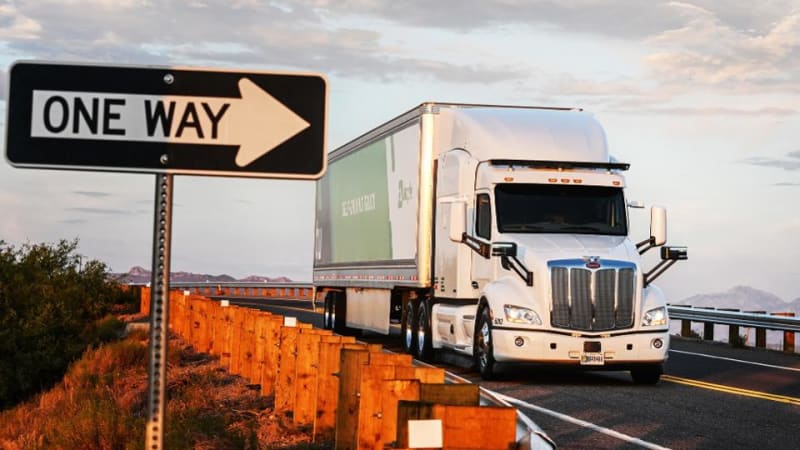Audi Repair Shop Doylestown
Call 267 279 9477 to schedule a appointment

DETROIT — UPS said on Thursday it has bought a minority stake in self-driving company TuSimple, and the world’s largest package delivery company has been testing the startup’s autonomous trucks since May on a busy freight route in Arizona.
The investment by UPS Ventures, the venture capital arm of United Parcel Service Inc, underscores bets that autonomous vehicle technology can expand more rapidly in commercial vehicles than in robotaxis.
It could take years to test and develop self-driving vehicles and for the government to build out a regulatory framework. But UPS sees the investment as a way to apply autonomous driving features like lane departure technology, advanced braking systems or sensor technology in its own fleet in the short term, said Todd Lewis, managing partner at UPS Ventures.
“From the regulatory perspective there is a long way to go,” Lewis told Reuters. “But the technology has a ton of implications today.”
UPS and TuSimple did not disclose the size of the investment. TuSimple’s other investors include Chinese online media company Sina Corp and U.S. chipmaker Nvidia Corp.
In February TuSimple said it had raised $95 million in a funding round led by Sina, which valued the startup at $1 billion.
The company is also working with Amazon.com Inc as the online retail giant builds out its own transportation ecosystem.
The TuSimple road tests for UPS’ supply chain business run on a busy stretch of highway covering a little over 100 miles (160 km) between Phoenix and Tucson.
The trucks run around the clock, with the self-driving trucks delivering freight within UPS’ system. TuSimple has a professional driver behind the wheel and an engineer in the passenger seat.
TuSimple also ran a two-week test for the U.S. Postal Service earlier this year transporting mail across three Southwestern states. Chief Product Officer Chuck Price said TuSimple is currently evaluating the results of that test.
Silicon Valley firms to traditional carmakers are racing to put fully commercial self-driving vehicles on the road, while efforts by robotaxis companies such as General Motors Co unit Cruise and Uber Technologies Inc have stumbled because it is very difficult and expensive to develop self-driving cars capable of anticipating and responding to humans in urban areas.
Experts says self-driving trucks are an easier proposition than robotaxis.
Self-driving trucks run consistently on predictable highway routes – in UPS’ case carrying large numbers of revenue-generating packages or goods – around the clock, including in the early hours of the morning when driving conditions are ideal.
Robotaxis, however, pick up and drop off passengers at random locations, at random times, mostly during the day, leaving expensive assets largely unused overnight. That random business model also requires more extensive, costly mapping.
“The economics for a robotaxi are just not as strong as for a truck,” TuSimple Chief Financial Officer Cheng Lu told Reuters. “And a lot of investors see it that way as well.”
from Autoblog https://ift.tt/2z4MhQm
